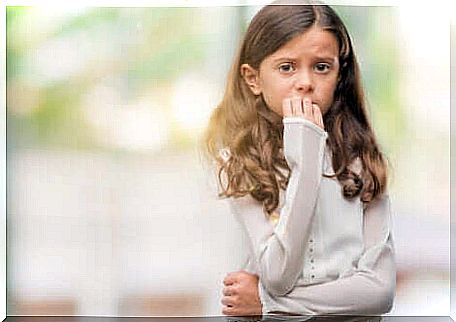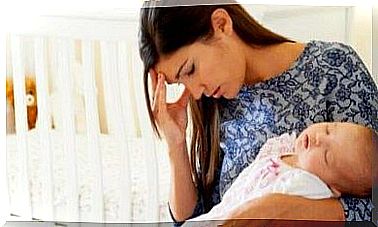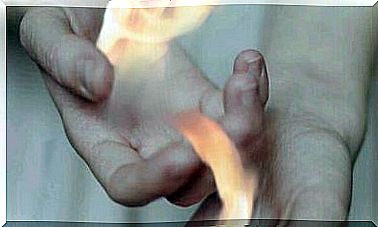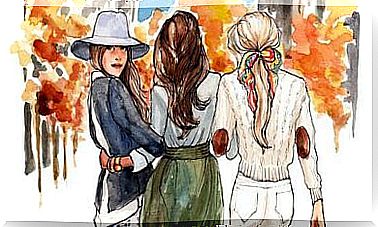Overprotective And Unloving Parents

Overprotective and unloving parents can harm their children. Some people believe that a good strategy for raising children involves a mixture of authority and love in “small doses”. This understanding of how to show emotion has a negative impact on many families.
In fact, it is directly opposed to transformative, dynamic parenting, where emotions play a crucial role.
Overprotective and unloving parents are another version of a strange form of oppression of emotions that has existed for generations.

How are overprotective and unloving parents?
A person who is abused in the family reflects this in his behavior. Experiential avoidance is a behavioral escape from the reality in which the individual finds himself.
Their environment gives them no kind of positive reinforcement, and their behavior is a response to this. Experiential avoidance is an escape from the pain and thus life itself.
Overprotective and unloving parents are not necessarily careless or physically violent. Although they love their children, they do not show it.
An example of an overprotective and unloving family
Let us take an example to better understand this dynamic. Imagine a 40-year-old man on his way to a psychologist. He does not know what has happened to him for years.
He has set values, especially for what he does not want to find himself in.
His mother almost never kissed and hugged him. The few times she did were after a “scare” or “when he was sick”. She picked him up from school, he always wore clean clothes and she cooked good food. His mother took care of everything.
This client talks about that he is not able to fully enjoy certain experiences. He worries a lot that something terrible will happen to his children, and is almost never happy about what they have achieved.
For him, emotions are linked to anxiety. In addition, he often gets negative feedback on his work due to his depression. No matter what he does, he never feels really good enough.
Helicopter parents who never let their children’s feet touch the ground
The man in the previous example is the result of a helicopter mother and an absent father. When one parent is absent, the other often overcompensates. The result is excessive attention, which ends up being a barrier to developing autonomy and independence.
Psychologist Holly Schriffin and her colleagues at the University of Mary Washington noted how helicopter parenting affects college students’ self-determination and well-being. They discovered that this way of being a parent is related to anxiety and depression. The long-term effects are general dissatisfaction with life.
Some parents constantly monitor their children but do not love them unconditionally.
I neither help nor harm you
Some children lack love and care all their lives. This is true even with parents who are not particularly cold, aggressive or negligent.
Many parents use the expression of love as a parenting tool. This is also known as symbolic rejection, often expressed verbally as implicit forms of punishment. For example, “I do not love you when you do that” or “I love you especially when you behave as nicely as you did today.”
Children and young people interpret these expressions as proof that their parents do not love them as they are. Love should go beyond success and good behavior. From a child’s point of view, this attitude teaches them that love is short-lived and something to be earned.

Consequences of overprotective and unloving parents
Unbalanced parenting can produce amazing children. However, this academic approach has a price. This way does not quite prepare children for the real world. They develop a co-dependent personality because they grow up in a place where they have no opportunity to take responsibility and make their own decisions.
Psychological studies show time and time again that children and adolescents with anxiety disorders, especially those related to social interactions, are more likely to have had overprotective parents.
In addition, studies show that anxious parents are prone to having anxious children. This is because they teach them that the correct response to what life brings is anxiety, worry, and emotional abstinence.









